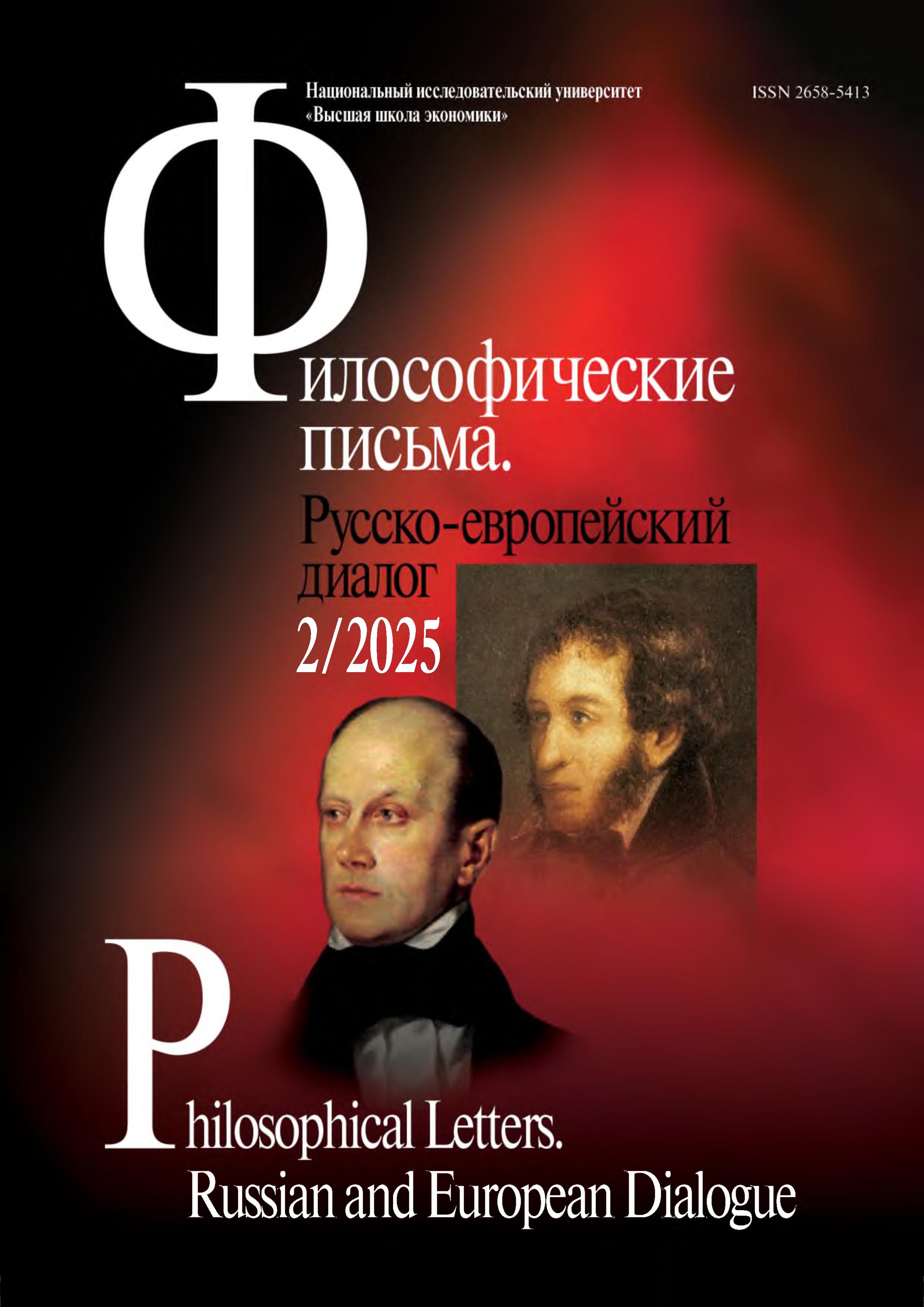Vasily Terkin — National Hero of Russia
Abstract
In the article, the author shows Vasily Terkin as a man who overcomes with his inner strength the frustration that arose in people as a result of the incredible cruelty of the conquerors. The Great Patriotic War grew out of the European wars of the fi rst half of the 20th century. The author believes that Germany, defeated in the First World War and burdened with contributions, was deliberately restored as a militarized structure by Anglo-Saxon capital to strike at Soviet Russia, to destroy it completely. As a result, a monster was raised. As the leading German philosopher of history and lawyer Carl Schmitt wrote, Hitler is the most terrible product of German Anglomania. The author cites a memo from a Hitlerite soldier: “Remember the greatness and victory of Germany. For your personal glory, you must kill exactly 100 Russians. You have neither a heart nor nerves — they are not needed in war. Having destroyed pity and compassion in yourself, kill every Russian; Don’t stop — there’s an old man in front of you, a woman, a girl or a boy. Kill!” This attitude of destruction was opposed by the position of Vasily Terkin — “For the sake of life on earth,” a position of survival. It is interesting and important that in this terrible war the concept of honor did not disappear, but became a norm of self-awareness, a concept that Peter the Great introduced into the consciousness of the Russian people. And Terkin is supported by a sense of honor. They said about Tvardovsky that he walks between an arrest warrant and an order, and the book about Terkin, “A Book about a Fighter,” which publishers were skeptical about, suddenly received the Stalin Prize of the first degree. “Vasily Terkin” continued with the poem “Terkin in the Afterlife,” Dante-like in concept and execution. In the late 1960s, friends gathered in the author’s kitchen, and he read “Terkin in the Afterlife” aloud. It was a version of a protest worldview. The vitality of the fi ghter’s image created by Tvardovsky turned out to be astonishing. The attempt at Dante’s level did not ruin the poem, but showed its strength and depth, the depth of the created image.

